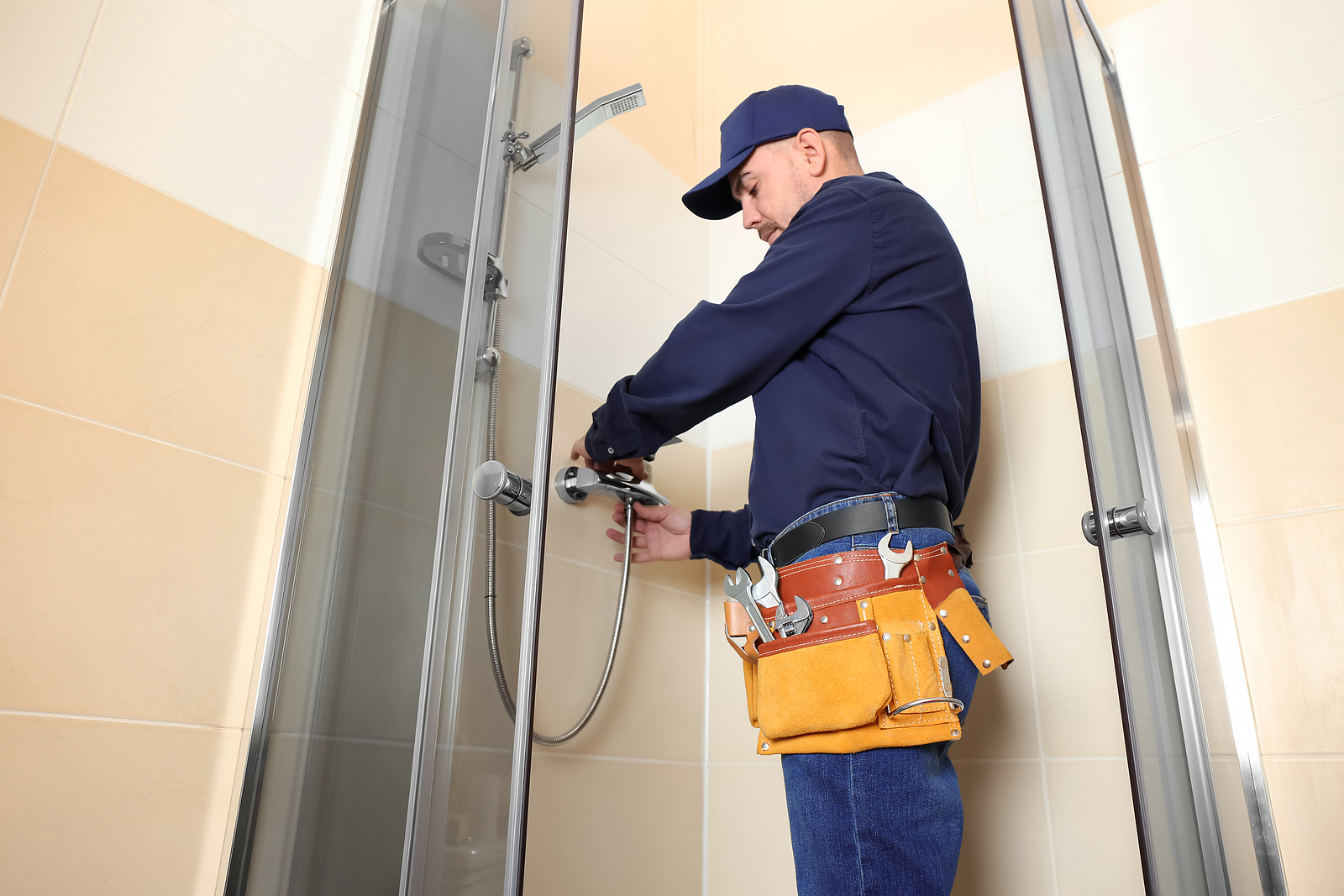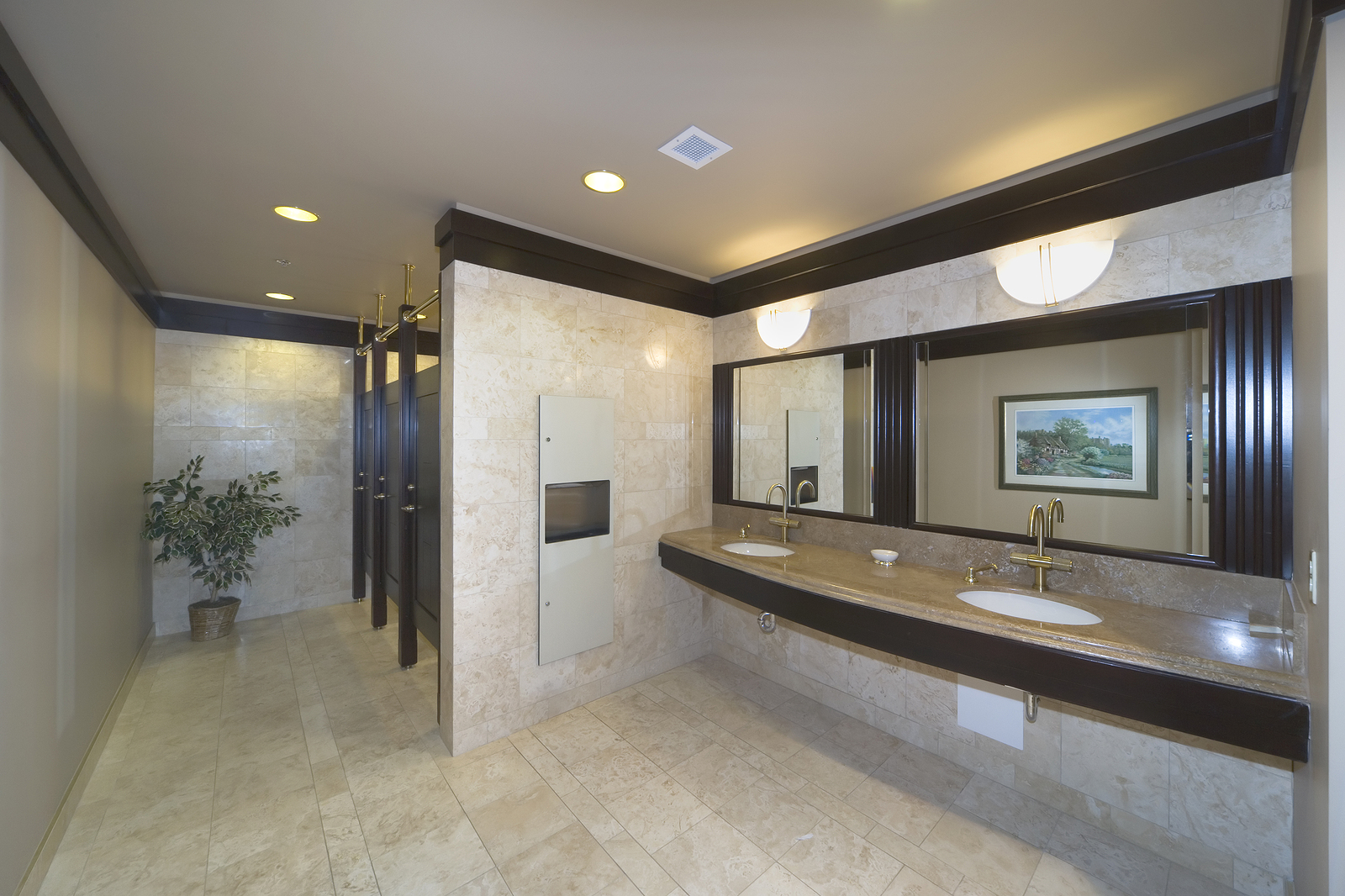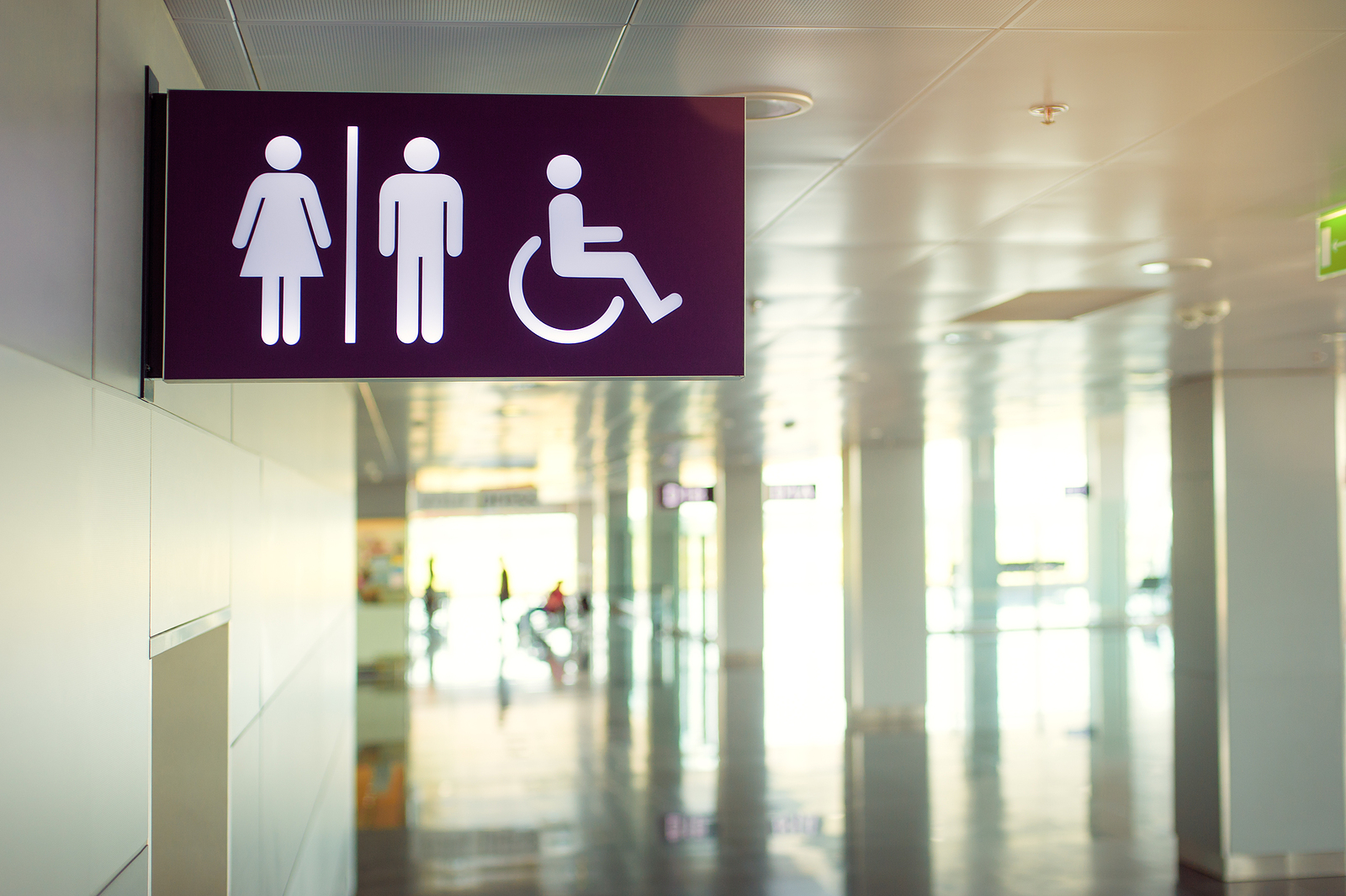

Most working environments and some commercial and recreational spaces will provide showers as a service for people to help ensure they are happy, comfortable and healthy in their environment.
There are several often unintentional side-effects and benefits to fitting shower facilities as part of more comprehensive washrooms, with the most notable of these being the encouragement of exercise and physical activity schemes such as walking or cycling to work.
People who know they have the option to wash and store a change of clothes are more likely to take a healthier and more environmentally friendly mode of transport to work such as those recommended by the cycle-to-work scheme.
Some commercial buildings such as gymnasiums, swimming baths and other buildings where people are expected to change clothes will typically have showers fitted as well to their washrooms and changing rooms, as much to avoid disruptive behaviour as to provide an extra customer service.
However, whilst it stands to reason that providing a hot shower is a net positive, when does it transcend necessity and become a legal requirement?
What Does The Law Say?
As with many other workplace welfare, health and safety legislation, the rules on showers are defined somewhat vaguely.
They are mentioned explicitly in The Workplace (Health, Safety and Welfare) Regulations 1992, where the law states that “suitable and sufficient” facilities for washing shall be made readily accessible.
Showers are specifically mentioned as something that may be necessary either for health reasons or due to the nature of the work, which suggests that some workplaces which are notable for dirty conditions, workplaces where hygiene is not just important but vital, or a combination of the two, will need to incorporate showers.
Which Workplaces Would Legally Require Showers?
As there are no strict legal guidelines, many workplace executives, regulators and industry bodies have slightly different interpretations of the letters of the law, even if they primarily agree on the spirit.
The Health and Safety Executive, which provides a range of advice on washroom requirements, provides very little advice on shower provision, outside of noting that it would be necessary for particularly dirty work.
Other sources suggest that showers would be necessary if workers were likely to become sweaty, smelly or dirty as a consequence of their work, such as manual labour on a construction site, demolition work, in a factory, a mechanic’s garage or in some types of warehouse work.
The laws and regulations are, as with other workplace safety regulations, lacking in detail by design, as shower provision would be part of risk assessment work if a lack of showers could be considered a potential occupational health risk.
What About Safety Showers?
In some cases, a health and safety risk assessment plan will not only require shower facilities but also emergency eyewash and shower stations.
These are typically required for workplaces and jobs where there is a chance that workers will come into contact with hazardous substances and chemicals, minimising the chance of long-term injury wherever possible.
Unlike standard commercial showers, safety showers tend to use high-pressure water jets to wash away any chemical residue as comprehensively as possible.
They also typically have eyewash stations that wash away chemicals and harmful substances that might have gotten into a person’s eyes and give them the best chance of avoiding permanent damage to their eyesight before emergency medical attention can be provided.
There are strict standards regarding their use, functionality, placement and method of operation. For example, many will use a foot pedal or emergency pull cord to activate but will not shut off automatically so that a worker has both hands to focus on avoiding further damage.
When Should You Install Showers Into Your Workplace?
In almost all cases, installing a shower in a workplace is a net benefit, and even in offices and other types of work where a shower is not always needed as part of the job, it can be useful in case there are accidents, issues or incidents for which a washroom basin is not sufficient.
Shower facilities, particularly those that are well-maintained, well stocked and easily accessible, will lead to changes in behaviour, most notably encouraging workers to exercise, walk to work or take time to rest during their break periods.
Some workplaces have shower facilities in no small part because they either have gymnasium facilities or are affiliated with a nearby gym, and the benefits of knowing that suitable showers are available will encourage people to take full advantage.
In other cases, workplace showers create an impression that an employer is serious about the welfare of employees, which can itself have a psychological benefit.




